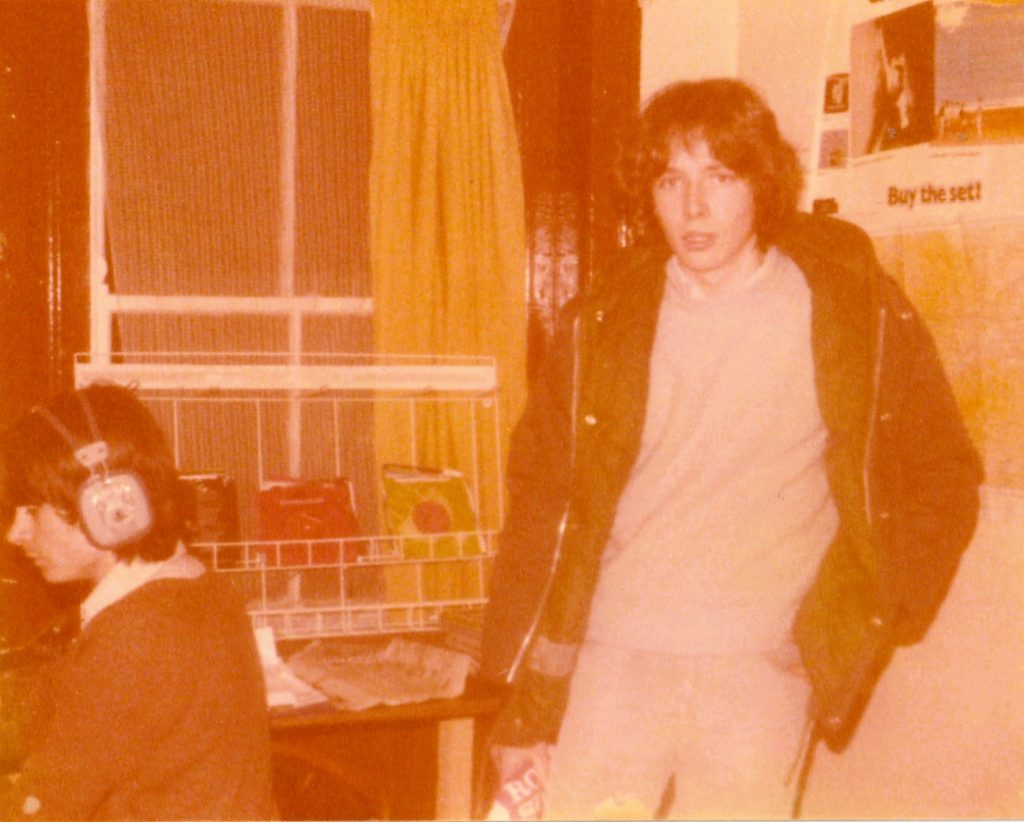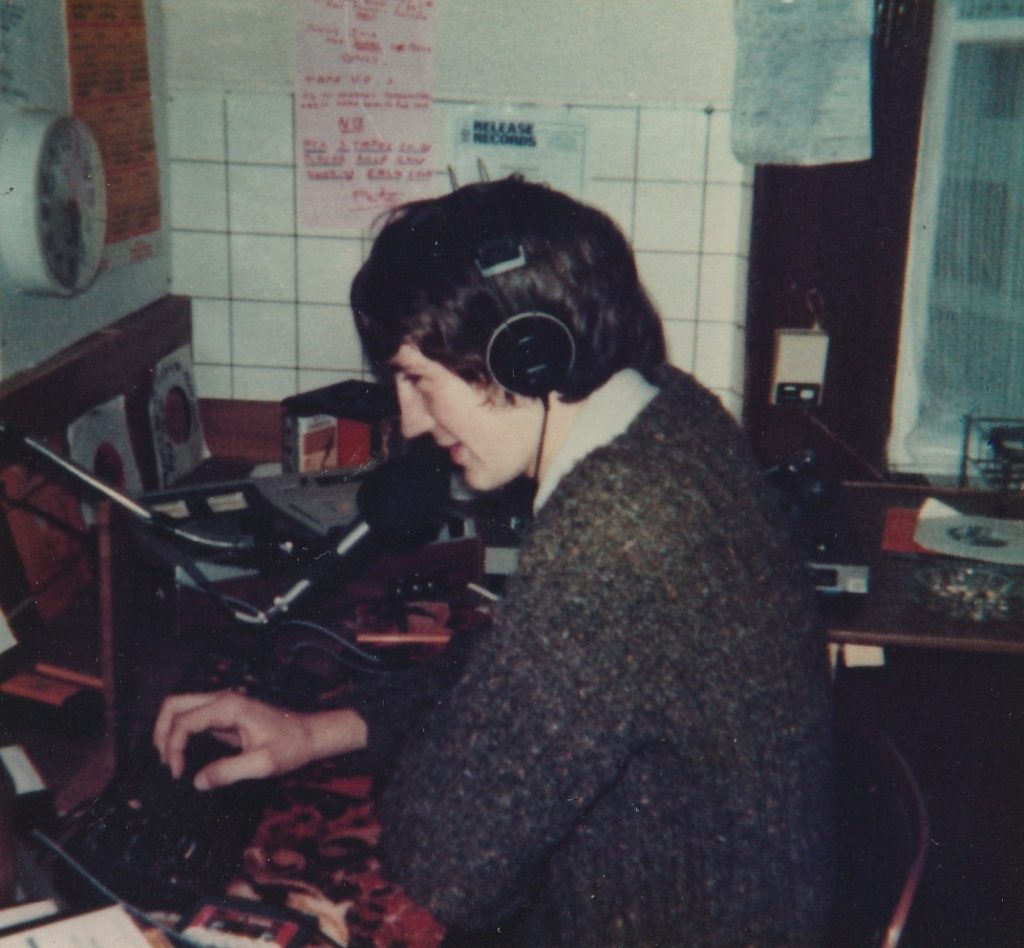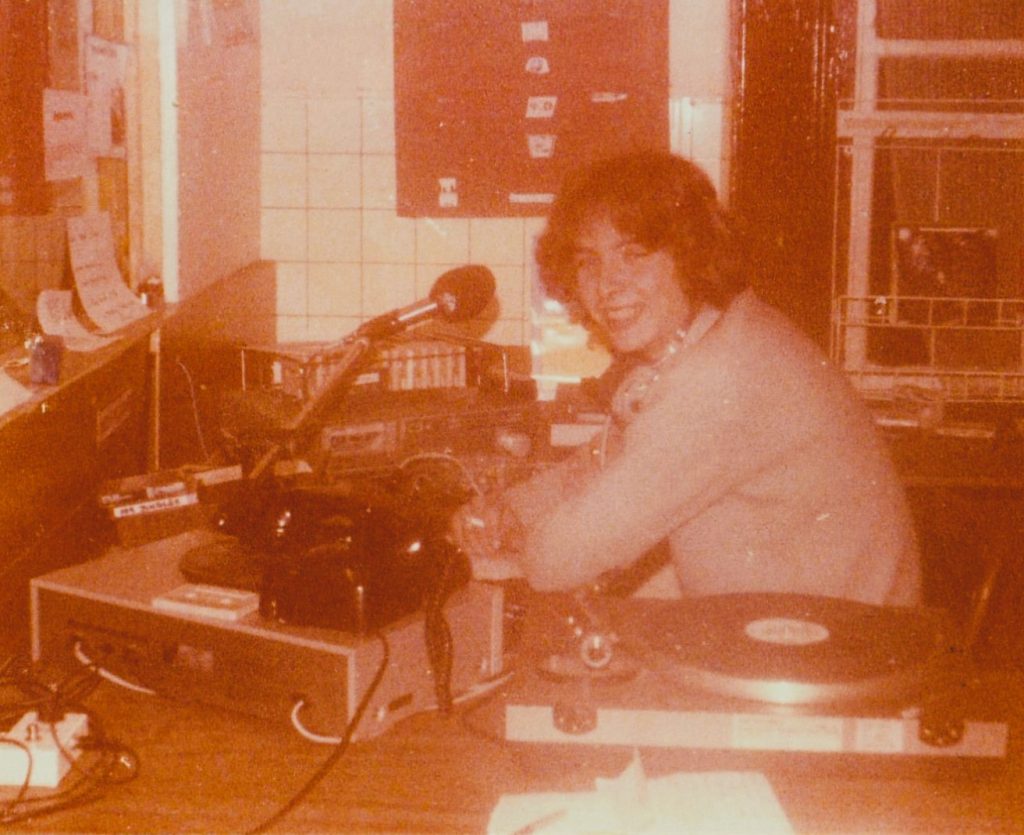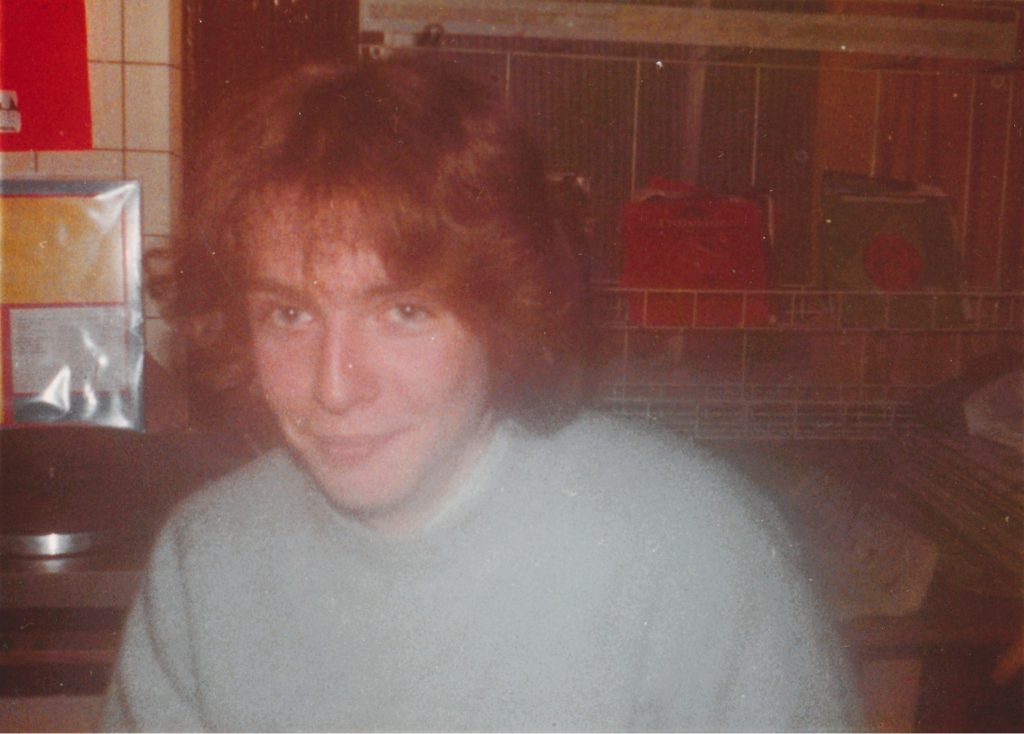Podcast: Play in new window | Download

This is another edition of the Saturday early evening show on Cork pirate Radio City in spring 1981. On air is Alan Edwards with a mixture of contemporary hits and oldies. Alan shares requests and an announcement from a listener who wants to sell a flight from Cork to London, a sign of the times when air travel was less restricted than now. There are more adverts than in other recordings from around this time, one of which is voiced by Eric Hansen (the well-known RTÉ presenter John Creedon).
The tape was made from 95.5 FM from 1700-1900 on Saturday 11th April 1981 and is courtesy of Lilian O’Donoghue.



